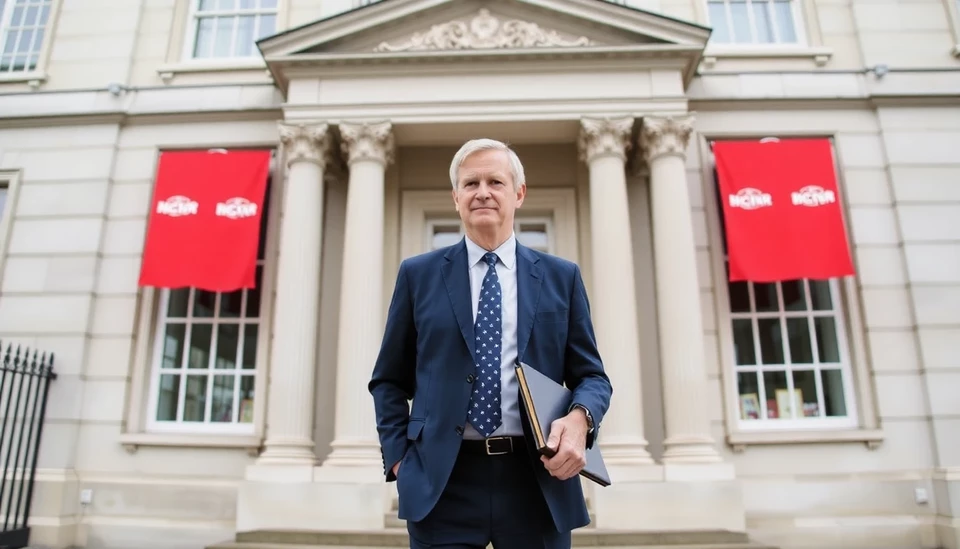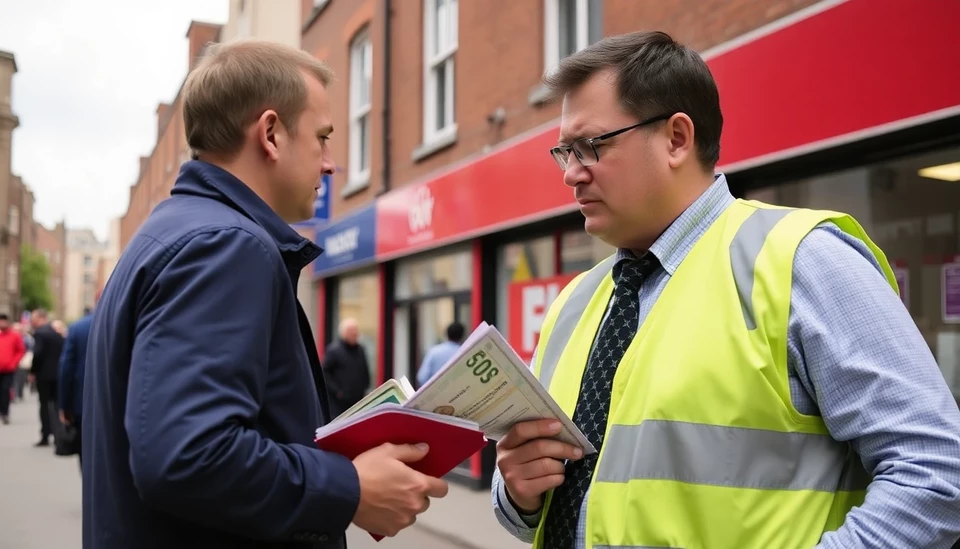
In recent developments, wage growth among the lowest-paid workers in the UK continues to show significant increases, raising alarms at the Bank of England (BoE) regarding the potential impact on inflation. According to data released, those employed in the bottom wage bracket experienced a notable salary surge, a trend that could contribute to persistent inflationary pressures in the economy.
The increase in wages for lower-income earners comes as the UK grapples with a cost-of-living crisis, which has prompted a widespread increase in demand for higher salaries to offset inflationary costs. This phenomenon not only affects the purchasing power of these individuals but also poses challenges for the BoE as it assesses the broader economic landscape.
The Bank of England, tasked with controlling inflation, is closely monitoring this wage growth. The concern lies in the historical relationship between wage increases and inflation. If wages continue to rise, there is a risk that businesses might pass these costs onto consumers, leading to higher prices and exacerbating inflation. This situation presents a difficult balancing act for the BoE, which must navigate the complexities of stimulating the economy while keeping inflation in check.
Data from recent surveys indicates that approximately 2.5 million workers in the UK are currently earning below the national living wage, and the latest figures suggest that their earnings have risen significantly in the past quarter. This rise illustrates a trend not just of survival, but of a push towards improved economic conditions for the lower-income demographic.
The situation is further complicated by external economic factors, including energy prices and global supply chain disruptions, which have also contributed to the cost-of-living crisis. As prices for essential goods and services continue to climb, the urgency for higher wages becomes even more pronounced, creating a potential cycle of wage-price spirals that could challenge the aims of monetary policy.
Policymakers are now faced with the task of determining the best course of action to mitigate these risks. Some economists suggest that maintaining stability in interest rates while encouraging wage growth could be a viable solution. Conversely, others advocate for a more aggressive stance, arguing that rising inflation necessitates preemptive measures to safeguard the economy.
In conclusion, while the wage growth for the lowest-paid workers signals a slight alleviation of financial pressure for many, it simultaneously raises crucial questions about the long-term implications for inflation and economic stability in the UK. As the Bank of England navigates these turbulent waters, all eyes will be on forthcoming economic indicators and policy responses that could shape the future of the country's economic health.
#UKWages #InflationConcerns #BankofEngland #EconomicGrowth #CostOfLiving
Author: Rachel Greene



